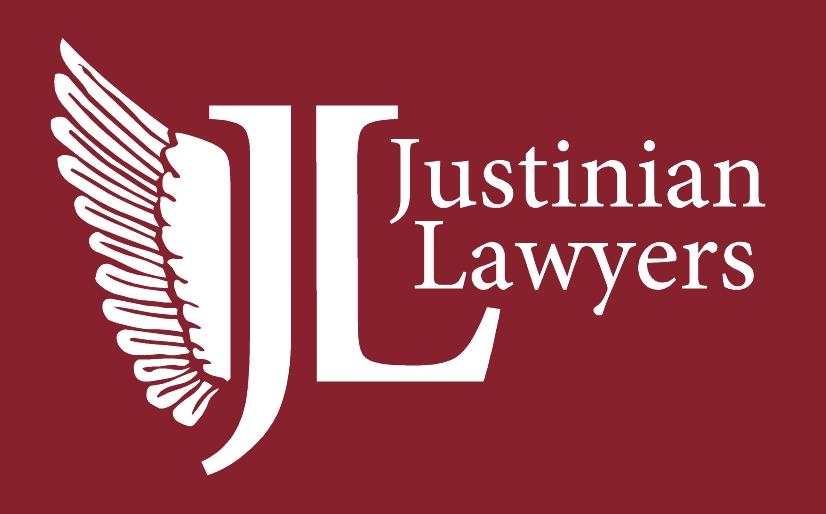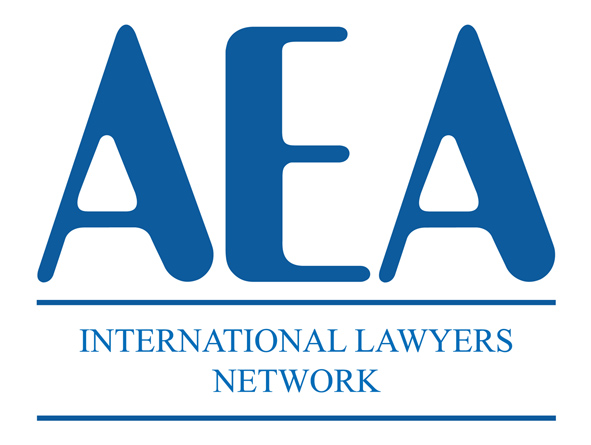Outsourcing refers to contracting out non-core operation of an enterprise to an external entity (supplier) specializing in the delivery or management of that operation. According to current jurisprudence in Ethiopia, outsourcing of operations of an enterprise for the purpose of raising productivity is lawful. Thus, where an employer lays off employees following a decision to outsource operations, such lay off shall be regarded as lawful termination of employment (Commercial Bank of Ethiopia vs. Haile Gebreselassie, Cassation file no.22275 (2007), and SOS Children's Village vs. Kebede Kumsa et al., cassation file no.38435(2009)).
To Whom can enterprises outsource their operations ?
Outsourcing recruitment, security and janitorial operations has become a common practice in Ethiopia with security service being the most outsourced activity of major international organizations and NGOs. Presently, there are more than 260 private agencies providing security services to various international organizations, Embassies, NGOs etc. According to the Directive to regulate private employment agencies issued by the Ministry of Labor and Social Affairs in 2020, only agencies holding valid permit from the Labor and Social Affairs Bureau of their respective regions can enter into outsourcing contracts.
How should outsourcing contracts be structured?
The Outsourcing Contract specifies, inter alia, the number and qualifications of the workers provided by the Agency, the duration of the contract and the remuneration which the Agency receives for the service it provides to the Client. Furthermore, this contract often covers issues concerning liability and warranty between the Agency and the Client.
What are the major obligations of the Agency to the Client?
The Agency bears the obligation to pay the worker/employee. It is also the Agency that is obliged to pay the employee’s pension contributions and income tax.
The Agency is responsible for terminating the employment relationship in accordance with lawful grounds and procedures laid down under the Ethiopian Labor Law.
The Client has no right to dismiss the Agency worker. However, the Client does have the right to force the Agency to take back a worker who is unable to perform the agreed work or does not carry out the work as efficiently as agreed. The Client can also demand the Agency to provide a suitable replacement.
What legal measures are in place to ensure liability of an Agency?
According to the Directive cited above, every Agency shall post a workers' compensation bond in addition to purchasing workers' compensation insurance to cover all liabilities arising from any claim by employees.
Agencies' Obligation to Post Bond
|
|---|
What are the major responsibilities of the Client?
While negotiating an outsourcing contract with an Agency, the Client has an obligation to make sure that the rights of the Agency workers are taken into due consideration. The Client must also make sure that the rights of workers enshrined in the Ethiopian labor law are protected during the period of Agency work. In particular, the Client must make the worker aware of the health and safety dangers to which he may be exposed in the course of the work, as well as measures and facilities for averting such dangers.
We have a team of specialists who can provide guidance and advice on outsourcing and labor issues. To speak to a member of our team, simply get in touch with us by using the contact form at the bottom of the webpage. You can also send your email to This email address is being protected from spambots. You need JavaScript enabled to view it..




